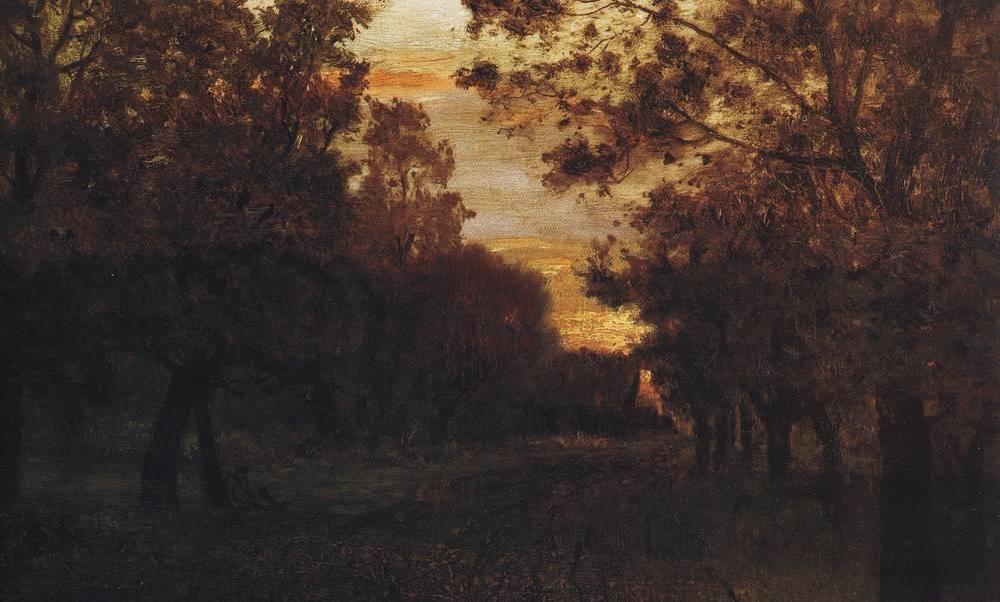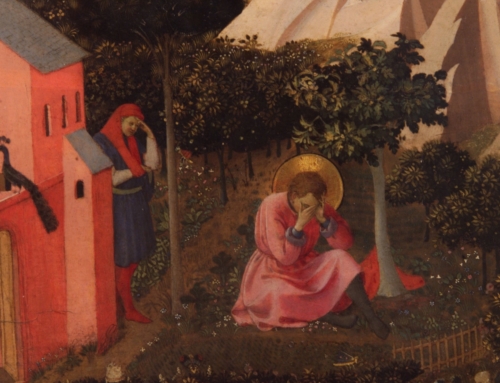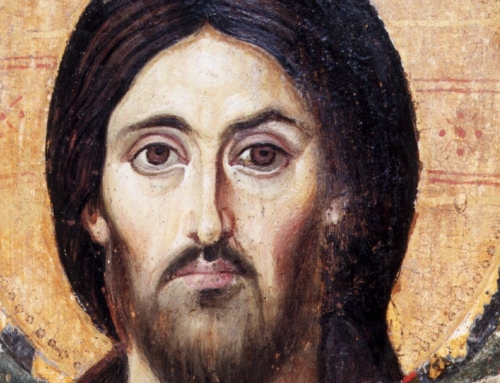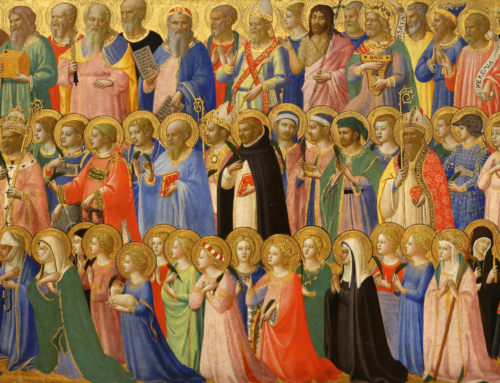November is a month for remembering.
The dying leaves and dying light of this penultimate month invite our thoughts to turn to earlier, warmer days. As the air grows colder, we gather with friends and family around tables and bonfires and we begin to take account of the year that has passed: the friends we have made and the loved ones we have lost; the joys we have received and the disappointments we have faced. These memories flow over us as we look back over another year gone by.
The Church, too, turns to remember this month, as she enters the final weeks of the liturgical year. She began this month remembering all those holy men and women who have attained the glory of heaven. She then remembered the faithful departed in need of her prayers as they await the attainment of that glory.
The Order of Preachers commemorates its own saints and deceased brothers and sisters this week, and the civil sphere is not left out of the remembering, either. The world pauses to remember the lives lost in the Somme, at Gallipoli, and at Ypres. Electors remember the values upon which our nation is founded. And near the end of the month we’ll all gather to remember and give thanks for the good things we have received.
Recalling these memories at the end of the year is an important practice. Humanly, these memories shore us up against the vulnerability we may feel as the encroaching darkness descends around us. But this turning to remember, if carried out for its own sake, entombs us in the past. As Christians, our remembrance does not chain us to dead memories, but has a vivifying quality that springs forth into the Christian life. Our sacred remembering is the font of our hope given to us by God.
Our memories of who God is and what he has done are the roots of the Gospel seed that has been sown. Roots that dig down into the soil of our minds and hearts, providing strength and stability to our Christian lives and producing a rich harvest of hope. Remembering the events of the past and relating them to our knowledge of God’s providential care grows the assurance we hold in hope that God will fulfill for us his promise of salvation. The more firmly these memories of God’s faithfulness and goodness are fixed into our minds and hearts, the stronger will be our hope in attaining that salvation he offers us.
Our liturgies and devotions are filled with recollections, memorializations, and callings-to-mind that help prepare the soil, so that the seed of the Gospel will not wither and die but produce good fruit. The Church offers us scripture, sacraments, and sacramentals as means of turning our minds and hearts to the remembrance of God’s work. Holy water to remind us of our baptism, the Rosary to recall the saving mysteries of Christ’s life, death, and resurrection, and the Mass presenting both sacred memory and present reality.
As we collect, ponder, and strengthen our grasp on these sacred memories, our hearts grow strong with hope. We turn our eyes to the future we await. There is a promise to be fulfilled, and it will not be long in coming. The Lord of the harvest will send out his laborers, the trumpet will sound, and those who remember its meaning will rejoice.
✠
Image: Isaac Levitan, Road in a Wood







